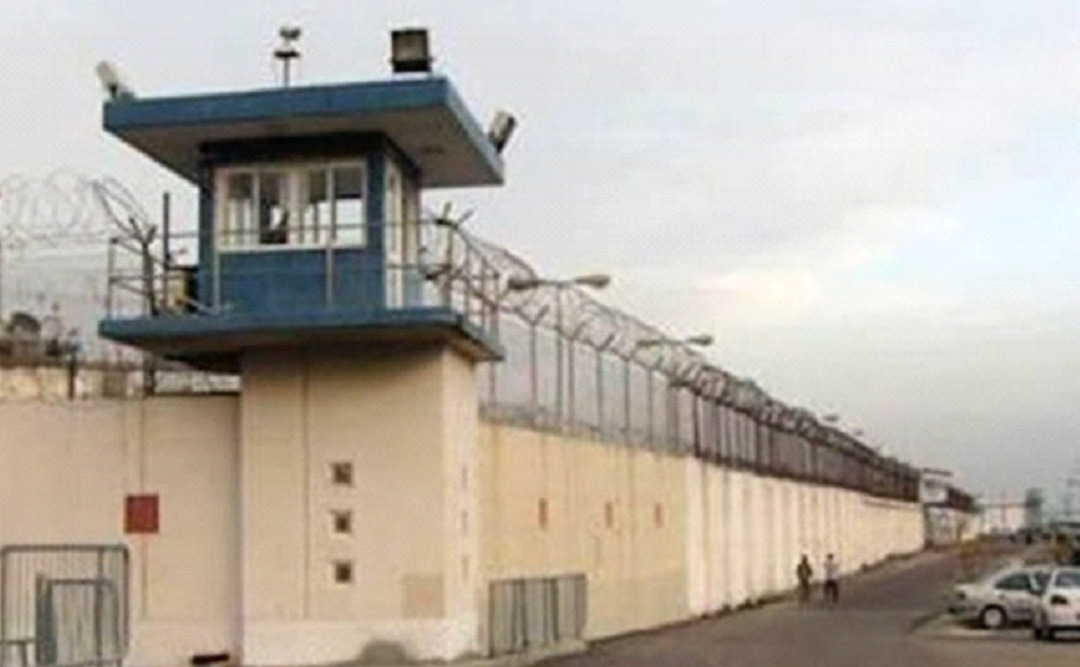-
Iran: Brutal Escalation Against Political Prisoners Fearing a Popular Uprising

By Mustafa Al-Naimi, Syrian Analyst
The Iranian regime, under President Masoud Beshazian, is escalating its crackdown on political prisoners in its prisons through a wave of abductions, torture, and executions. This campaign is not merely a show of strength but a calculated strategy driven by the regime’s deep fear of an united and organized popular uprising. Increasing terrorist tactics inside the prisons evoke dark memories of the summer of 1988, warning of a looming crime against humanity.
A Warning from Inside the Prison
In a horrifying message from Qazal Hesar Prison, political prisoner Ali Ma’zi sounded the alarm, asking: “Is a crime similar to summer 1988 about to happen?” He confirms that the regime, motivated by its “unlimited fear” of a popular uprising, is intensifying its repression. Ma’zi documents an increase in executions, abductions of prisoners linked to the Mujahideen-e Khalq Organization such as Ali Younesi, Bejan Kadhimi, and Arghavan Falahhi, and the death sentences handed down to more than ten supporters. The regime no longer only faces the resistance front but also “multiplying resistance units” and “a thousand elite,” fearing the collapse of its foundations in the final battle.
Arghavan Falahhi: Face of Repression
The case of Arghavan Falahhi, 24, paints a horrific picture of the regime’s brutality. She was arrested in Tehran on January 26, 2025, and placed in solitary confinement in wing 241 of Evin Prison. For six months, she endured psychological torture and relentless interrogations without any contact with her family. She was then transferred to Fashafuyeh Prison, then to an unknown place, subjected to enforced disappearance. Arghavan’s torment reflects the beastly nature of the regime across generations; her father, Nasrallah Falahhi, a political prisoner in the 1980s, is now serving a five-year prison sentence. The Women’s Committee of the National Resistance Council called for urgent international intervention to locate her and secure her release.
A Coordinated Killings Attack
On July 26, 2025, more than 100 armed guards stormed the political prisoners’ wing at Qazal Hesar in a brutal military assault. Members of the Mujahideen-e Khalq, Behrouz Ehsani and Mahdi Hassani, were taken to solitary confinement and executed the following day. The regime, in an ignoble act, refuses to return their bodies to prevent national mourning and conceal its crimes. Saeed Masouri, one of the oldest political prisoners, was also targeted with forced exile to silence his unwavering voice. The regime imposed a full information blackout on the prison, and anxious families faced a wall of silence at its gates on July 27.
These acts are part of an extensive repressive campaign. The regime, terrified of resistance units, is trying to break the people’s will through terror. However, this brutality fuels anger rather than quelling it. Ma’zi warned that the regime is preparing to repeat the 1988 massacre, which claimed more than 30,000 political prisoners. With 14 other prisoners on death row, most of whom are supporters of the Mujahideen-e Khalq, the danger is imminent.
Free Iran Conference 2025 in Rome: A Call Against Repression
On July 31, 2025, the Italian Parliament hosted the “Free Iran 2025” conference, where Mrs. Maryam Rajavi condemned the regime’s escalation against political prisoners as a “desperate attempt to stifle an impending uprising.” She called for urgent international action to save prisoners like Arghavan Falahhi, emphasizing: “Resistance units are transforming the people’s anger into an organized revolution.” Senator Giulio Terszi supported this call, demanding sanctions on the regime and listing the Revolutionary Guards as a terrorist organization. He warned that the regime threatens the Arab region by supporting militias such as Hezbollah, urging the Arab world to stand in solidarity with the Iranian people to stop these crimes and achieve justice.
International Silence Is Interpreted as a Green Light for More Massacres. The UN and its member states must take tangible measures to save lives. Will the world remain silent in the face of this injustice? Freedom awaits an answer.
You May Also Like
Popular Posts
Caricature
opinion
Report
ads
Newsletter
Subscribe to our mailing list to get the new updates!






















